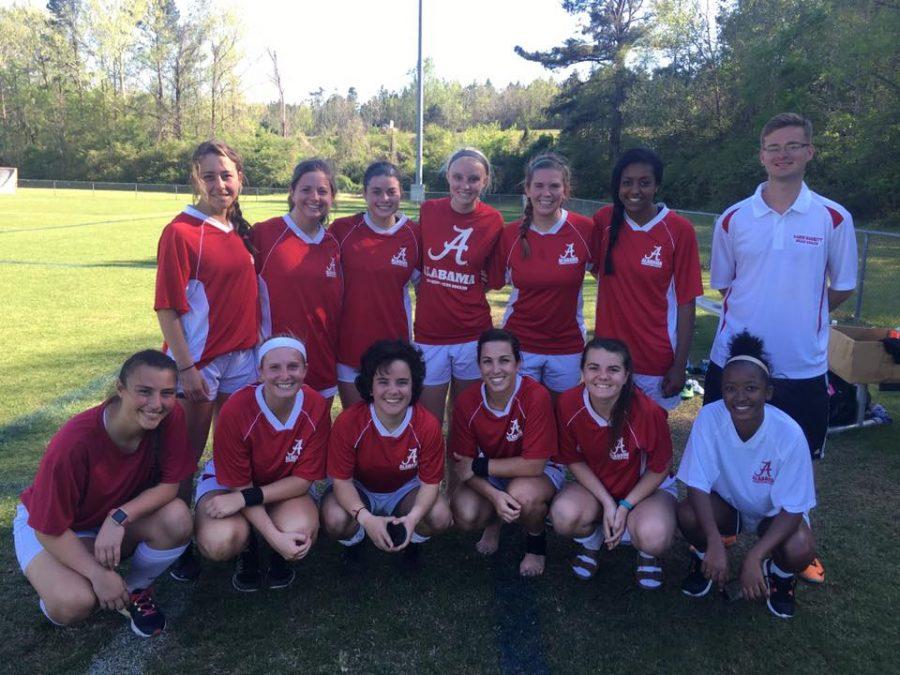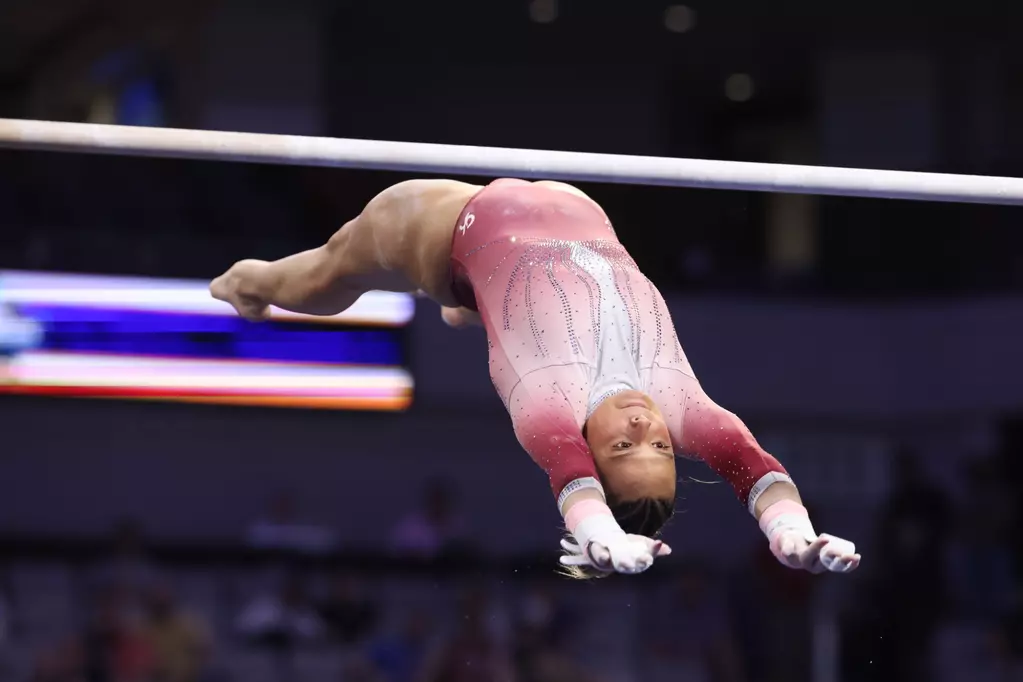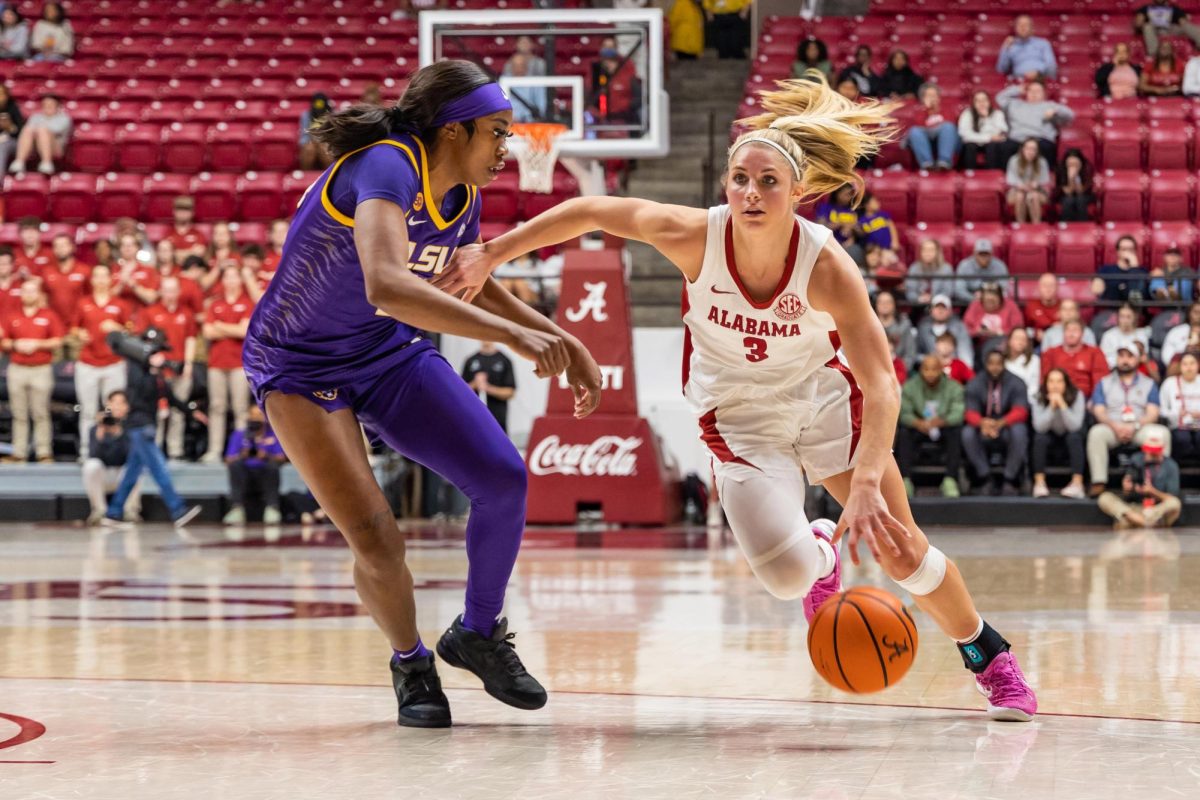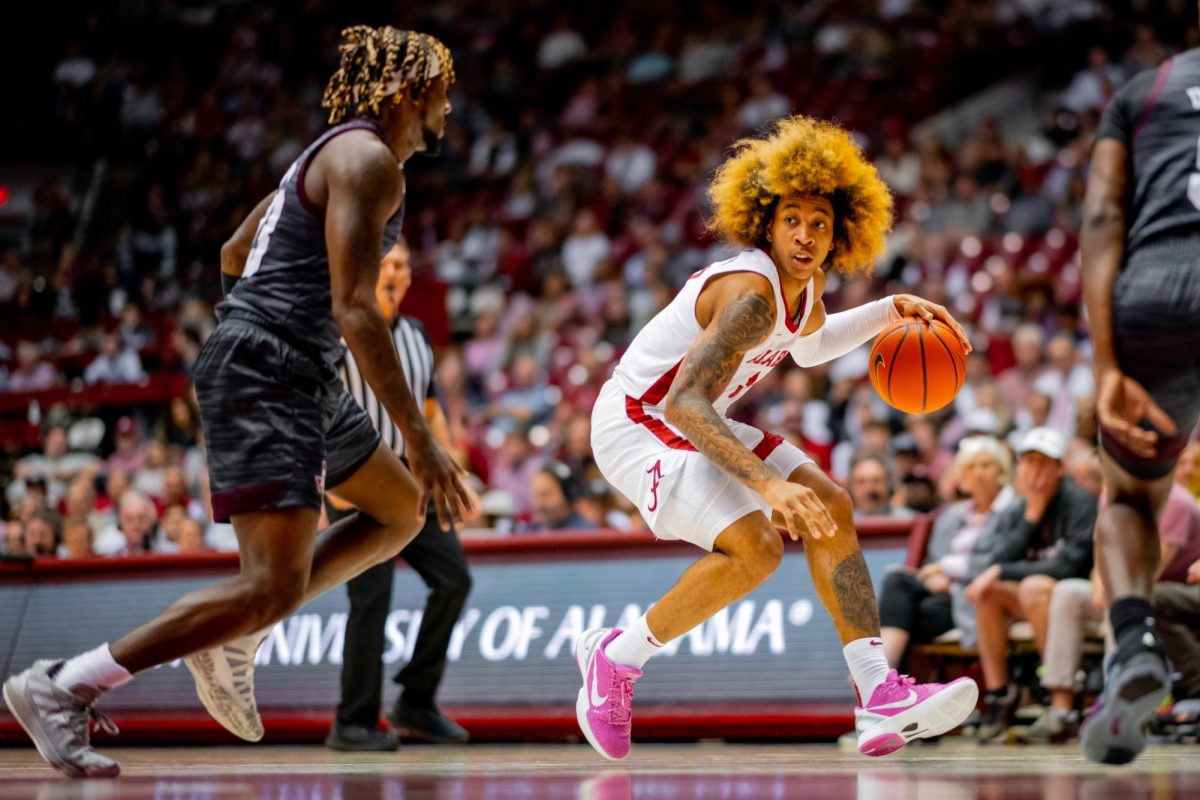The University of Alabama provides club sports for students who want to continue their passion but don’t have the opportunity or time to compete at the varsity level. However, the price of funding these clubs may have an impact.
Dues can range from $100 to thousands of dollars per year, depending on the sport. That money can be hard to choke up from your average ramen-noodle-eating college student, but many do what they can for the sports they love.
Members of The University of Alabama’s women’s club soccer team are passionate about the love of the game, but they struggle to have a home base due to funding.
“We travel a lot because it’s difficult to have games here,” team President Riley Williams said. “If we have games at Alabama, we have to pay for the referees, and their fees in Tuscaloosa are very high.”
Members of the soccer team pack their bags and travel down the back roads of the South to get on the field. After a long day of action, the competing teams often talk with each other about referee costs around the nation.
For each home game, the Alabama women’s club soccer team pays one up-front fee of $225 for the referees. Other schools like Auburn and Georgia Tech “only pay $150,” Williams said.
“When we travel to other schools and tell them how much we pay our referees, they respond with, ‘That’s ridiculous,’ ” Williams said.
Employees at the Recreation Center on campus agreed their fees are incredibly high, according to the secretary of women’s club soccer, Jen Scheuer. In comparison to soccer, rugby pays around $150 for two referees.
When there was only one source of referees in Tuscaloosa, the soccer team had to find a way around it. That meant getting on the road. The problem was their friends and family couldn’t watch them play.
“I think the travel affects how many girls go to the games… Who wants to drive that far in one day and isn’t tired from playing a 90-minute soccer game?” said senior Courtney Zacharias.
The athletes’ friends are constantly upset to hear there aren’t home games this semester. Even though soccer plays in the fall, “friendly” games are played in the spring, but none for their friends to watch.
The soccer coach, Aaron Barrett, is a passionate and a do-or-die kind of person when it comes to soccer, said Scheuer. The team focuses on their weaknesses from the previous game, play pickup games and run through drills during practice.
The players would like to see lower referee costs, but they do not let playing away games hold them back. In the fall and spring, players from across the nation come together to get on the field and create a connection.
“Having soccer as that outlet at school gave me the friends that I have today,” Scheuer said.









